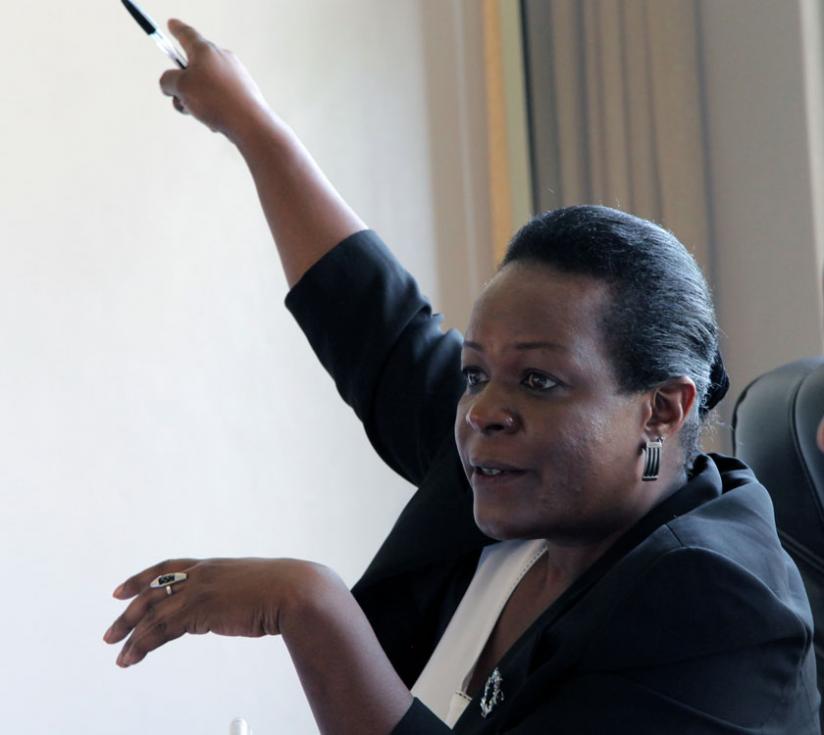Anti-Female Genital Mutilation (FGM) experts and activists from the region have called for a complete end to the practice of cutting girls private parts, saying the vice is detrimental to the victims’ health, keeps them out of school and affects their marriage prospects.
Speaking at the two-day regional consensus communique on FGM, the activists and experts said that although some countries in the region have enacted laws to criminalize the abominable act, many communities have not stopped the practice.
“We must come out with a clear and strong call to say enough is enough. She has suffered enough and FGM must stop,” a participant from Eritrea told the meeting.
The meeting was organized by Law Uganda, an NGO headed by former EALA legislator Dora Byamukama, with support from Amplify Change, also an NGO, and was attended by Anti-FGM activists and experts from Eritrea, Ethiopia, South Sudan, The Sudan, Tanzania and Uganda.
The regional players had converged to deliberate on how they can work together to end the vice.
They agreed that on top of pushing for the laws to be implemented, all anti-FGM crusaders need to appreciate the cultures of the communities they carry out their campaigns.
“And in case they don’t, they should always to meet people with someone who understands the language and is known in the community,” the activists argued.
They also underscored the need to encourage community whistle blowing, identifying and training beneficiairies in information gathering and management.
Participants from Kenya shared the experience of having an FGM board which they has is trying to place civil society at the center of the fight.
“The board monitors that the law is being implemented and that any programs that government wants to put in place to end FGM, the Board has to advise,” they said.
They added: “There’s engagement of the youth through the girl generation which has a commitment to end FGM in one generation and we formed a youth network in Kenya in communities where FGM is practiced to help have the youth lead participate in sanitization against the vice.”
From Tanzania, Ms Edola Sanga said poverty is a precursor to Gender Based Violence including FGM.
“If you do not give these women activities for income generation then you will not help them survive,” she said adding that the law alone are not a panacea and praise that the regional meeting in Kampala will create avenues for accessing donor funds to help fight the vice.
“This meeting here in Uganda has come at an opportune time because when we talk about resources, all donors talk about collaboration at a regional level.
“We need to make these people understand but we also need to talk to the girls. We need to ensure that schools are given proper infrastructure and to empower the girls to say no to the practice,” she said.
Speaking at the opening of the meeting, Ms Byamukama said: “We are here to meet as a team to start a regional conversation on the subject.
“If we give a regional dimension and share the best practices and look at the challenges and the emerging trends then we can have the best approach and tactic toward ending FGM.”
She added: “We need to create a team of brotherhood and sisterhood to start having a coordinated action to eliminate FGM. Law and advocacy Uganda went to court challenging FGM that it is against the constitution arguing that it is discriminatory and we won.”
The meeting resolved to among other things develop a communication strategy to help in guiding the campaigns and information sharing.







